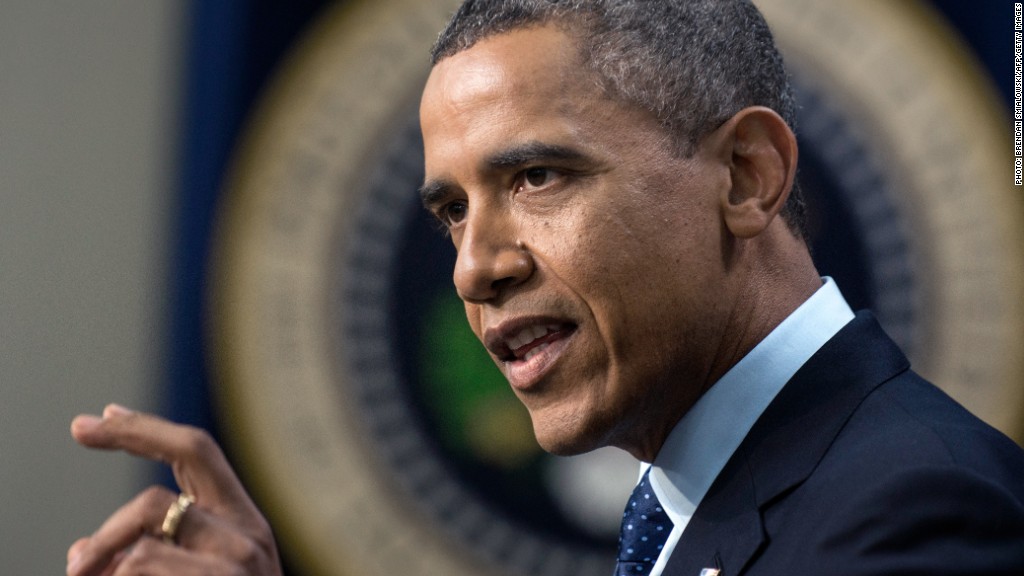
Being "rich" just got a whole lot tougher. Under the fiscal cliff deal, taxes will rise only on couples making more than $450,000.
That's a lot higher than the $250,000 threshold that policy makers had long marked as the dividing line between the middle class and the rich. Just under 2% of filers, or 2.85 million, have adjusted gross incomes above $250,000.
By contrast, only 0.6% of joint filers, or 965,000 households, have incomes above $500,000, according to the closest estimate the Tax Policy Center has done to the fiscal cliff deal.
Raising the bar cuts out about 28% of the income that would have been subject to higher tax rates, bringing in less revenue overall.

The center did not determine how increasing the threshold would affect overall tax revenue, but President Obama in a speech Monday said "The agreement being worked on right now would further reduce the deficit by asking the wealthiest 2% of Americans to pay higher taxes for the first time in two decades.
Of course, some people who make a lot of money don't feel rich. After all, the cost of living say in New York eats up a lot more money than it does in Boise.
"Who's rich? It's a good question," said Roberton Williams, a senior fellow at the center. "Rich depends on where you live and with whom you are comparing yourself."


